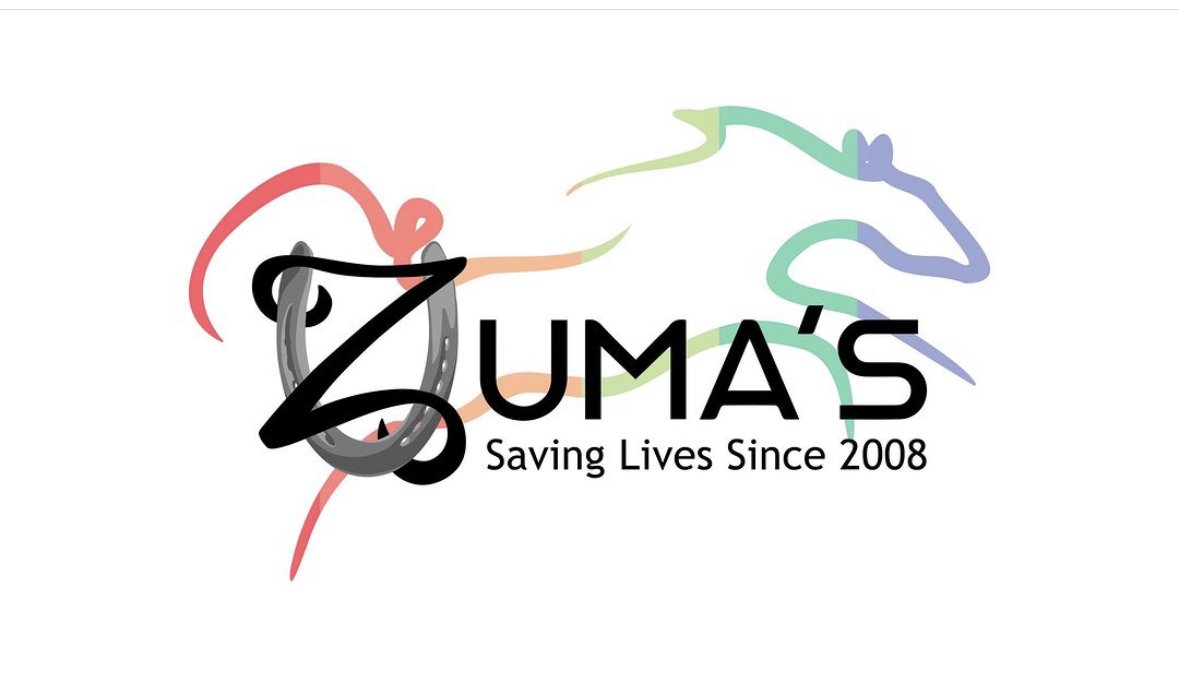Young/Green Horses Need Experienced Professionals to Train Them
Amy Skinner writes:
The situation is a common and unfortunate one: a rider with some experience finds a young partner. Maybe she was looking to save money. Maybe she wanted the experience of bringing a horse along. Maybe she just didn’t know exactly what she were getting into.
Suddenly, she finds herself in over her head with a frustrated, anxious youngster showing problematic behaviors. Now she finds herself becoming more fearful, losing confidence, and losing enjoyment in riding.
Not every rider and horse are a good match, and while some young horses are more gentle-natured than others, they often still get into trouble with amateur riders. I rarely recommend young horses for most riders. It takes a certain kind of rider to get along with a young horse, and many riders find themselves struggling despite plenty of saddle time and experience.
Young horses are wiggly, easily distracted or frustrated, and don’t inherently understand the common riding aids we use. That inside leg and outside rein you’re used to applying with an older horse might not affect this horse in the way you’d hoped. Your quiet trail ride might turn into a necessary training session, and if you turn it into a pulling match, the horse can learn some very unfortunate behaviors.
What I often find with riders and young horses is unreasonable expectations about how a young horse should behave under saddle and how they should respond to the rider’s aids. They often try to ride them like older horses. Soon both horse and rider are frustrated and things go downhill fast.
So what does a young horse need?
A good idea of what you want them to do, with flexibility and adaptability for when things don’t go well (as they will)
A sense of humor and a sense of adventure. It takes a special type of person to laugh off a young horse’s silly antics without pulling on them, and to redirect them to productive work.
An understanding of how a young horse’s mind and body operate, and a realistic expectation of physical and mental maturation. A rider of a young horse needs to know how to gently push her comfort level without leaving behind reality.
Forgiving and forward hands. A young horse needs to be able to move, and when she moves faster or unexpectedly, she needs to be redirected, not grabbed.
Variety in experience. A young horse needs interesting, different and stimulating exposures. Just drilling in the arena is a very quick way to shut down a young horse’s mind and sour her experience early on.
A flexible and realistic timeline for development. Young horses don’t need to worry about going to shows. And they aren’t going to be trail masters any time soon. You wouldn’t send a kindergartener to college and expect them to sit through lectures quietly. Yet every day, young horses are expected to behave like perfectly-mannered adults, without the necessary time and skills needed.
What can you do if you have a young horse and feel in over your head?
More groundwork. Avoid repetitive groundwork and find novel experiences. Take in-hand walks and teach new skills.
Find a teacher or trainer to help provide confidence for your horse where you feel unable.
Keep learning and pushing yourself to be the kind of rider your horse needs.
And finally, if you are unable to do these things, you may need to consider rehoming your horse to a better-suited home.
Starting a young horse is simple if you follow some basic guidelines and keep a flexible frame of mind. But repairing the damage to a young horse who has lost confidence or who has learned unfortunate behaviors is not so easy. When riding a young horse, consider not just how they ride today, but how you’d like her to feel for a lifetime.
At Zuma’s we start horses slow, keep them in the hands of professionals and never rush them to programming

